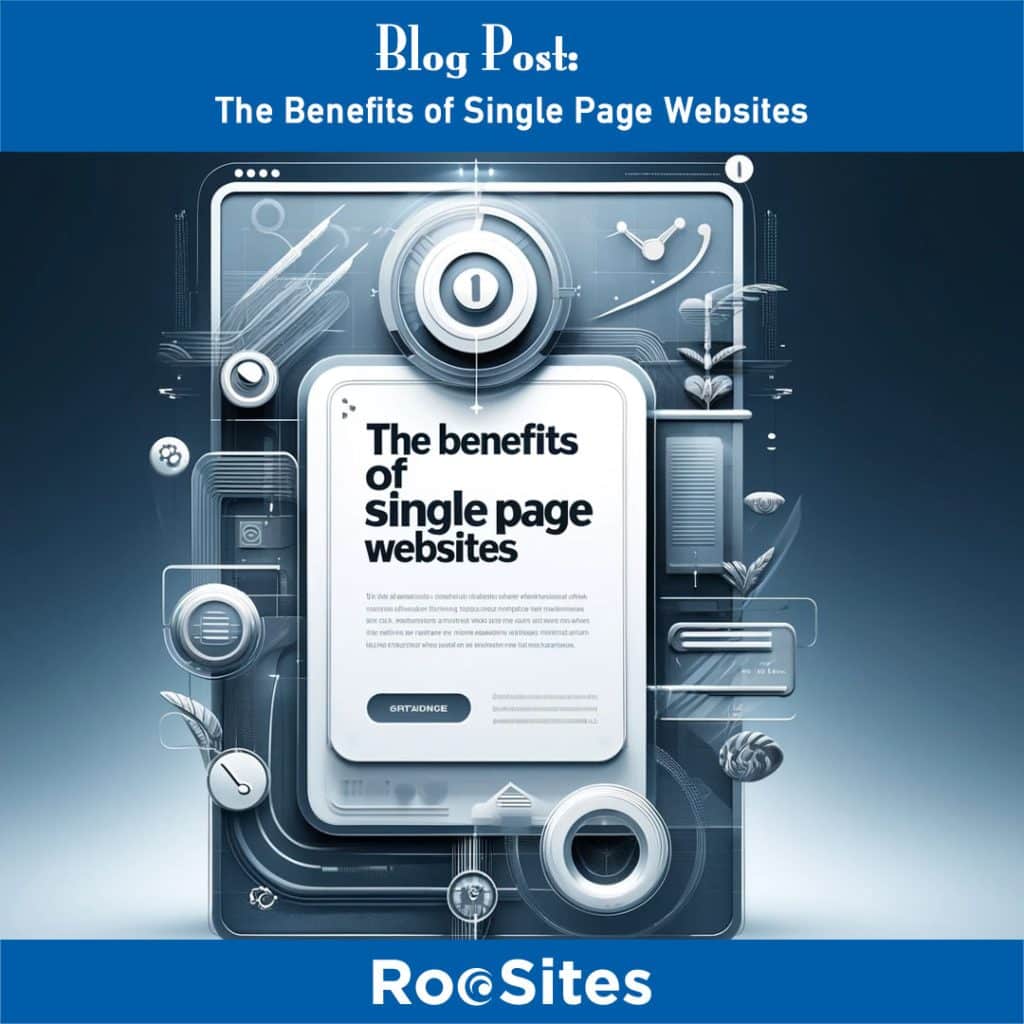Building a new website is an exciting step for any business. It is your digital storefront, your marketing hub, and often the first impression customers get of your brand. While most companies think about design, features, and content, there are several important factors that can be overlooked. Here are key things to consider when planning your new website, including a few you may not have thought of.
Your company will evolve over time, and your website should be able to grow with you. Choose a platform and hosting solution that can easily accommodate new content, features, pages, and increased traffic without slowing down or becoming unstable. Think about where your business will be in two to five years, not just today.
Responsive design is essential. A mobile-friendly website ensures a seamless experience whether users visit on a smartphone, tablet, or desktop. Do not just test layouts. Actually try filling out forms, clicking links, and navigating menus on different devices and browsers to make sure everything works smoothly.
A slow website costs you visitors and potential customers. Optimizing images, choosing quality hosting, minimizing unnecessary scripts, and leveraging caching can dramatically improve your site’s speed. Faster load times not only create a better user experience but also support your search engine rankings.
Making your website accessible is both the right thing to do and, in many places, a legal requirement. Use proper alt text on images, readable fonts, clear headings, sufficient color contrast, and keyboard navigation support to align with accessibility guidelines such as WCAG. This helps all users, not just those with disabilities.
Will you or your team need to update content regularly? Make sure your content management system (CMS) is user-friendly. If the backend is confusing or clunky, updates may get delayed, and your website can quickly become outdated. Request a brief training session or documentation from your developer.
Security should never be an afterthought. Ensure SSL is installed, set up firewalls, and keep all software and plugins updated. Use strong passwords and consider two-factor authentication where possible. Even small, low-traffic sites can be targets for automated attacks, so proactive protection is essential.
SEO is more than just keywords. It includes site structure, clean code, metadata, headings, internal links, and logical URLs. Work with a developer who understands SEO best practices or bring in a specialist early in the project. Fixing SEO issues after the site is built is usually more difficult and more expensive.
Privacy policies, terms of service, and cookie notices are often treated as an afterthought, but they may be legally required depending on your audience, location, and the tools you use. If you run ads, collect leads, or track analytics, make sure your policies are clear, accurate, and easy to find.
Install analytics tools as part of your initial launch plan. Tracking user behavior from day one helps you understand what is working and where people drop off. Over time, this data allows you to refine pages, improve conversion rates, and make smarter marketing decisions.
Things go wrong: updates break layouts, plugins conflict, or a mistake deletes important content. Make sure your hosting or website platform automatically backs up your site and that you know how to restore it if needed. A solid backup and recovery plan can turn a potential disaster into a minor inconvenience.
Confirm that your business owns the domain name, hosting accounts, and website content. Ensure you have administrative access to your CMS, hosting panel, domain registrar, and analytics tools. You never want to be in a position where a former developer or agency holds the keys to your online presence.
Building a website is more than just uploading a few pages and hitting publish. It is a strategic effort tied to user experience, branding, marketing, and long-term growth. By considering scalability, security, accessibility, analytics, and ownership from the start, you can launch a website that works harder for your business and avoids costly surprises down the road. And if you need help designing, developing, and managing that website, RooSites is here for you, Contact Us Today!
 One-page websites, also known as single-page navigation, present all of a website’s content on a single continuous page, offering several advantages:
One-page websites, also known as single-page navigation, present all of a website’s content on a single continuous page, offering several advantages:Headshot Specialists – this site was built for a photographer who wanted to show off a single service he offers, taking Headshots for businesses and other purposes. A single page layout was perfect for this task. View Website »
Flowpoint Partners – This simple site was built to demonstrate the company’s identity and its investment criteria. With several decades in the business, they did not need several pages as people are well aware of their talents, and SEO is not a factor in their business. They just need a basic presence on the Internet.
View Website »
Here are some types of businesses for which a single-page website might not be the best fit: